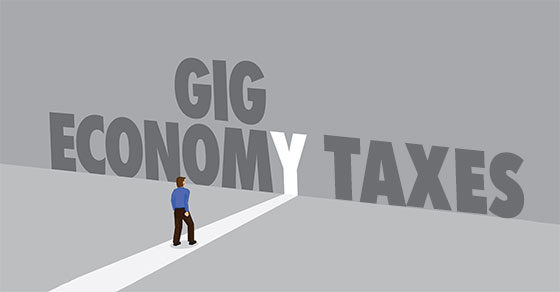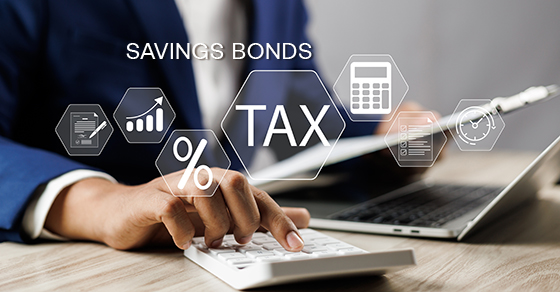In recent years, many workers have become engaged in the “gig” economy. You may think of gig workers as those who deliver take-out restaurant meals, walk dogs and drive for ride-hailing services. But so-called gig work seems to be expanding. Today, some nurses have become gig workers and writers in Hollywood who recently went on strike have expressed concerns that screenwriting is becoming part of the gig economy.
There are tax consequences when performing jobs that don’t involve taxes being deducted from a regular paycheck. The bottom line: If you receive income from freelancing or from one of the online platforms offering goods and services, it’s generally taxable. That’s true even if the income comes from a side job and even if you don’t receive an income statement reporting the amount of money you made.
Gig worker basics
The IRS considers gig workers those who are independent contractors and conduct their jobs through online platforms. Examples include Uber, Lyft, Airbnb and DoorDash.
Unlike traditional employees, independent contractors don’t receive benefits associated with employment or employer-sponsored health insurance. They also aren’t covered by the minimum wage or other federal law protections and they aren’t part of states’ unemployment insurance systems. In addition, they’re on their own when it comes to retirement savings and taxes.
Make quarterly payments during the year
If you’re part of the gig or sharing economy, here are some tax considerations.
- You may need to make quarterly estimated tax payments because your income isn’t subject to withholding. These payments are generally due on April 15, June 15, September 15 and January 15 of the following year. (If a due date falls on a Saturday, Sunday or holiday, the due date becomes the next business day.)
- You should receive a Form 1099-NEC, Nonemployee Compensation, a Form 1099-K or other income statement from the online platform.
- Some or all of your business expenses may be deductible on your tax return, subject to the normal tax limitations and rules. For example, if you provide rides with your own car, you may be able to deduct depreciation for wear and tear and deterioration of the vehicle. Be aware that if you rent a room in your main home or vacation home, the rules for deducting expenses can be complex.
Maintain meticulous records
It’s important to keep good records tracking income and expenses in case you are audited by the IRS or state tax authorities. Contact us if you have questions about your tax obligations as a gig worker or the deductions you can claim. You don’t want to get an unwanted surprise when you file your tax return.
© 2023





